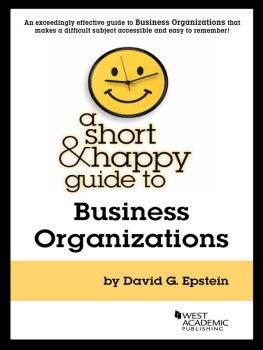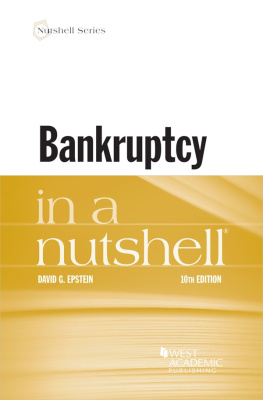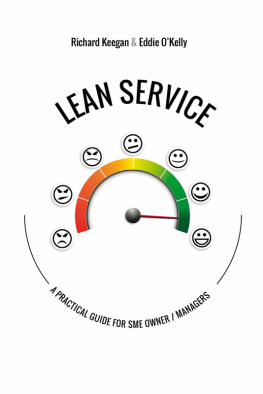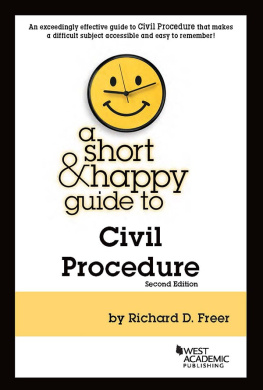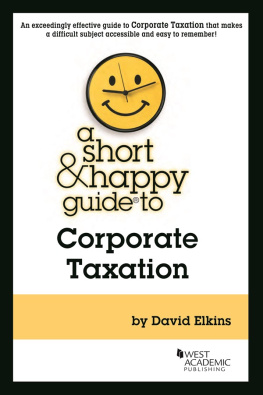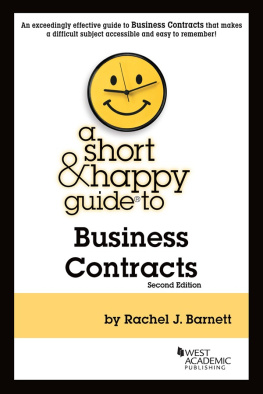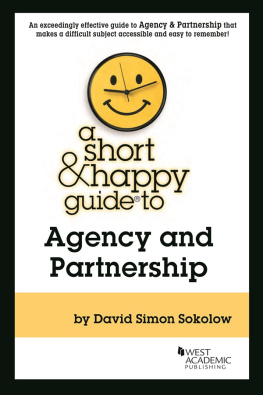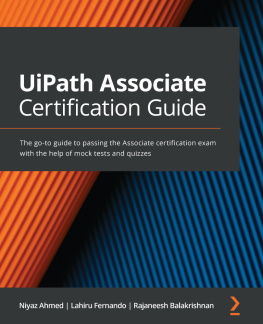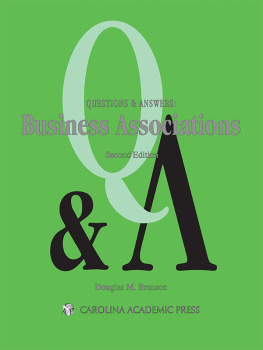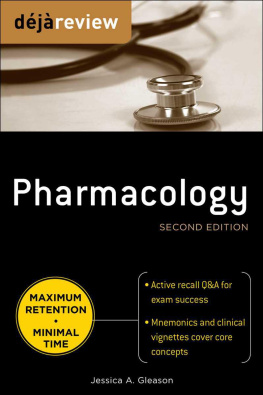Landmarks
Page list

West Academic Publishings
Law School Advisory Board
__________
JESSE H. CHOPER
Professor of Law and Dean Emeritus,
University of California, Berkeley
JOSHUA DRESSLER
Distinguished University Professor, Frank R. Strong Chair in Law
Michael E. Moritz College of Law, The Ohio State University
YALE KAMISAR
Professor of Law Emeritus, University of San Diego
Professor of Law Emeritus, University of Michigan
MARY KAY KANE
Professor of Law, Chancellor and Dean Emeritus,
University of California,
Hastings College of the Law
LARRY D. KRAMER
President, William and Flora Hewlett Foundation
JONATHAN R. MACEY
Professor of Law, Yale Law School
ARTHUR R. MILLER
University Professor, New York University
Formerly Bruce Bromley Professor of Law, Harvard University
GRANT S. NELSON
Professor of Law, Pepperdine University
Professor of Law Emeritus, University of California, Los Angeles
A. BENJAMIN SPENCER
Earle K. Shawe Professor of Law,
University of Virginia School of Law
JAMES J. WHITE
Robert A. Sullivan Professor of Law Emeritus,
University of Michigan
I

a short & happy guide to
Business Organizations
David G. Epstein
George E. Allen Professor of Law
University of Richmond
School of Law
A SHORT & HAPPY GUIDE SERIES

II
The publisher is not engaged in rendering legal or other professional advice, and this publication is not a substitute for the advice of an attorney. If you require legal or other expert advice, you should seek the services of a competent attorney or other professional.
a short & happy guide series is a trademark registered in the U.S. Patent and Trademark Office.
2016 LEG, Inc. d/b/a West Academic
444 Cedar Street, Suite 700
St. Paul, MN 55101
1-877-888-1330
Printed in the United States of America
ISBN: 978-1-63459-473-8
III
Acknowledgments
First, I would like to acknowledge the contribution of the thousands of students from the University of North Carolina Law School, the University of Texas Law School, the University of Arkansas Law School, the Emory Law School, Southern Methodist University Law School and the University of Richmond Law School who took my Business Associations course (called Business Organizations at some of the schools and Corporations at some others). What they wrote and didnt write on their final exams strongly influenced what I wrote in this short and happy guide to business associations final exams.
Second, I would like to single out Alexandra Cook, Richmond 17, Joseph Frost, Richmond 17, Kyle Lowder, Richmond 17, Klementina Pavlova, Richmond 17, and Alanna Trivelli, Richmond 17. Their general editorial assistance and substantive suggestions have made this an easier book to read and understand.
Finally, I would like to acknowledge the important work of Professors Bainbridge, Freer, Gevurtz, Hamilton, and Moll. Those guys obviously really know a lot about business associations. Reading their comprehensive student texts on business associations has been very helpful to me in preparing for class and would be very helpful to you.
V
Table of Contents
VI
VII
VIII
IX
X
XI
XII
XIII
XV
A Short & Happy Guide to Business Organizations
First Word

The first word is Relax. It worked for the Green Bay Packers in the 2014 season. It will work for you in Business Associations (BA) [also known as Business Organizations (BO)] this semester.
Relax and read this book. Read this book and you will become as skilled in reading and responding to your professors BA/BO exam questions as Aaron Rodgers is at reading and responding to NFL defenses.
Again, relax. There is still time to read this book before your exam.
This book has only 231 pages. And small pages at that.
The reason that this book has only 231 small pages and other student texts on business associations have more than 600 big pages is that this book is not a student text on business associations. This book is a student text on business associations EXAMS.
My goal is not to teach you BA/BO. My more limited, more important for the moment goal is to teach you how to do well on your BA/BO exam.
We both understand that your exam is going to be different from the exam I give, and will be different from the exams taken by others relying on this book. What the Professors Jones cover and test in their BA/BO exams is different from what the Professors Smith cover and test in their BA/BO exams.
This book is being written for students of all the various Professors Jones and Smith and so may cover some topics that your professor did not covertopics you can skip. For example, if your professor assumed that you learned agency in your contracts and torts courses and so did not cover agency in BA/BO, skip Chapter 1. For the rest of you, here is what you need to know about agency
__________________________________
Cf . https://www.youtube.com/watch?v=Zvz2OJw9wyY.
My efforts to persuade my bosses at West Academic to entitle this book A Short and Happy Guide to Business Associations FINAL EXAMS were not successful. Guess that was not sufficiently academic.
PART 1
Fundamentals of All Business Organizations

CHAPTER 1
What You Need to Know About Agency

Large businesses like McDonalds Corporation have officers and other employees who act on behalf of McDonalds. The legal impact on McDonalds of what these officers and other employees do is governed by agency law.
Small business like Bubbas Barbecue, LLC, a Richmond restaurant, also have people who act on behalf of Bubbas. And, the legal impact on Bubbas Barbecue of what these people do is also governed by agency law.
There are five agency law questions that you need to be able to answer.
1. Where Does Agency Law Come From?
Agency law is basically common law. Law school courses emphasize the Restatements. Some professors use the Restatement (Second) of Agency; others teach the Restatement (Third). Fortunately, there are very few substantive differences between the two that are relevant to answering likely exam questions.
2. When Does an Agency Relationship Exist?
An agency relationship requires (i) one person acting on behalf of anothere.g., Ronald who is called the agent is acting on behalf of McDonalds which is called the princip al [NOTE THE AL . YOU LOSE YOUR PROFESSORS TRUST AND CONFIDENCE IN YOUR ANSWERS IF YOU REFER TO AGENTS AND PRINCIPL ES ON YOUR EXAM]; (ii) the agent (A) is acting subject to the principals (P) control (iii) and both A and P have consented to (i) and (ii).
3. What Is the Relevance of Agency Law to Liability on Contracts?
Here is the story to watch for: A contracts on behalf of P with T. More specifically, A contracts to buy goods or services for P from T.

